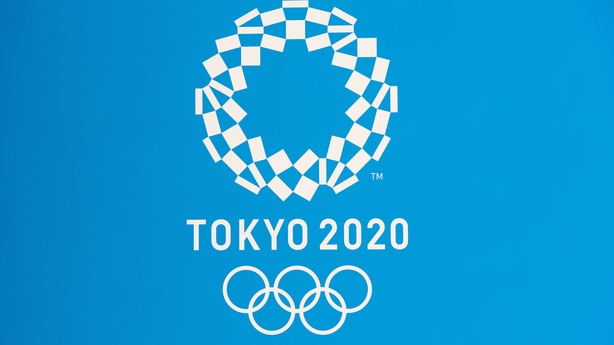The Tokyo 2020 organising committee will reportedly ask Japan's Olympics minister Seiko Hashimoto - a woman who competed in seven Games as a skater and a cyclist - to be its new president following the resignation of the former head over sexist comments.
Former prime minister Yoshiro Mori quit as committee president last week after saying that women talk too much, dealing another blow to an Olympic Games already marred by a year-long delay and strong public opposition due to the coronavirus pandemic.
The panel will ask Hashimoto if she wants to take the position, public broadcaster NHK said today.
Kyodo news agency said the Tokyo 2020 organising committee would meet on Thursday to select a new president. Hashimoto declined to comment on the report.
Born days before Japan hosted the 1964 summer Games, Hashimoto is named after the Olympic flame. She took part in four Winter Olympics as a speed skater and three Summer Olympics as a cyclist.
A 56-year-old lawmaker in Japan's ruling party, she has served as the Olympics minister, doubling as minister for women's empowerment, since 2019. The Asahi Shimbun said that if she took the post she would have to quit as Olympics minister.

Tokyo 2020 organisers said today that they were "extremely confident" their plans for the rescheduled Olympic Games are on track but will not confirm final details until June due to the unpredictability of Covid-19.
Information about the event, which will run from 23 July to 8 August, is being released in a series of 'playbooks', which guide stakeholders about their responsibilities during their stay in Japan.
Olympic Games executive director Christophe Dubi said there had been resounding support for the initial playbook following its publication a fortnight ago.
Further versions are due to be available in April and June and, while Dubi acknowledges the imminent desire for greater detail, he believes uncertainty caused by the global pandemic means it is better to wait and avoid "regret".
"It was always the case that there would be further versions of it [the playbook]. We have to have timely decision-making for some of the items," he said.
"I get that people will want to have as much possible details but, at the same time, if we make a number of decisions now where the situation regarding Covid is very fluid then we might regret some of the decisions.
"It's very important to look at the way the pandemic evolves, consider the situation at any given point in time, and make the right call at the right point in time.
"The right point in time, as far as we're concerned, is April for the second version of the playbook and for the final details, with everything down to the last wire, bolt and notch, will be in June.
"This is the sequence we have and we are extremely confident with that sequence."
"By Games time, at least a billion people will have been vaccinated around the world..."
Dubi spoke following three days of joint working meetings on Covid-19 countermeasures, which featured officials from the International Olympic Committee, the International Paralympic Committee (IPC) and Tokyo 2020.
Wednesday's press conference coincided with the start of coronavirus vaccinations in Japan.
IPC chief marketing and communications officer Craig Spence was heartened by that development.
"I think it's encouraging that today the vaccinations started in Japan," he said.
"By Games time, at least a billion people will have been vaccinated around the world, so that's good progress and can only be seen as a positive when it comes to Games preparations.
"This time last year there was no plan to stage the Games during a pandemic - today there is.
"I think the coming months will possibly present challenges for us.
"We're treading new ground and effectively we are having to reinvent how the Games will go."


